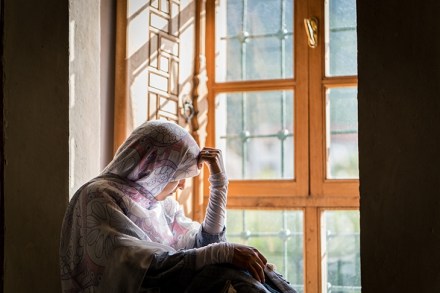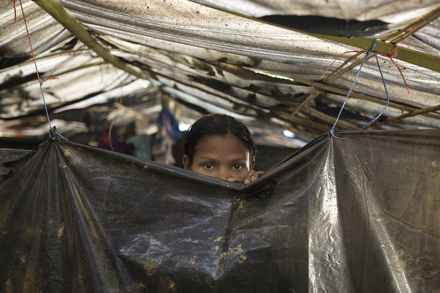Our recent stockpiling is nothing to what ‘preppers’ lay in store
This book could not have been published at a better time — nor, in a way, at a worse time. Better, because we are now living with the threat of disaster looming over us and society is being radically transformed; worse, because the apocalyptic scenarios Mark O’Connell writes about include such quaint, marginal topics as catastrophic climate change, nuclear devastation and the concern of ‘preppers’. These are the men who build bunkers in the countryside and fill them with enough tins of protein sludge to keep them going through whatever unspecified calamity brings about the end of the rule of law. There’s not a great deal here about a global





